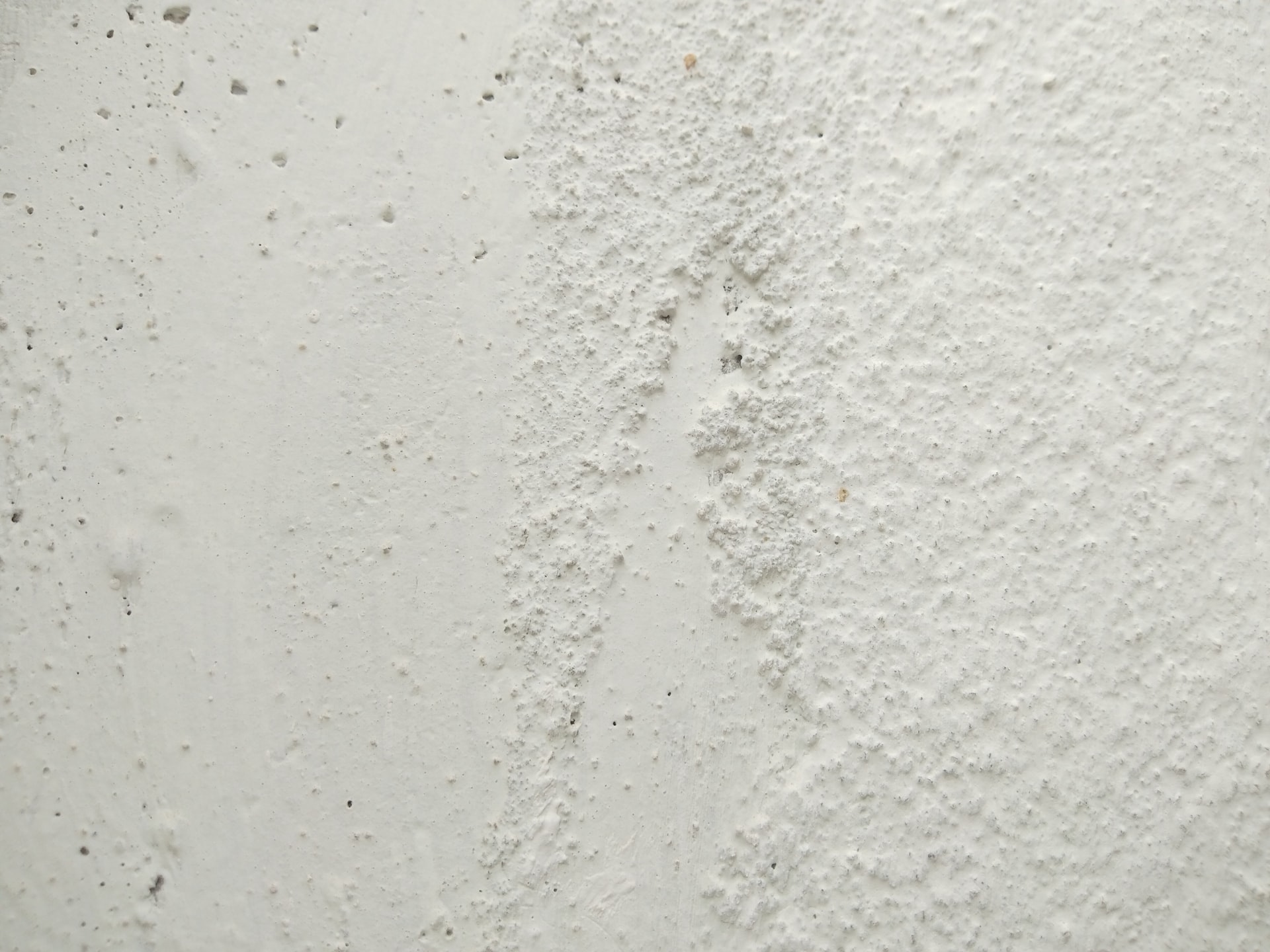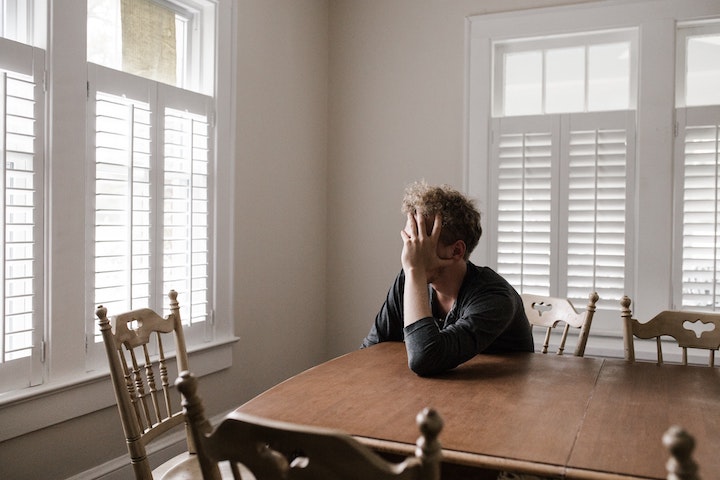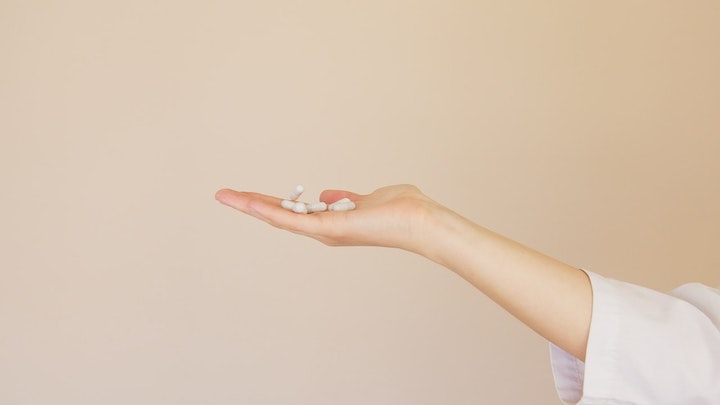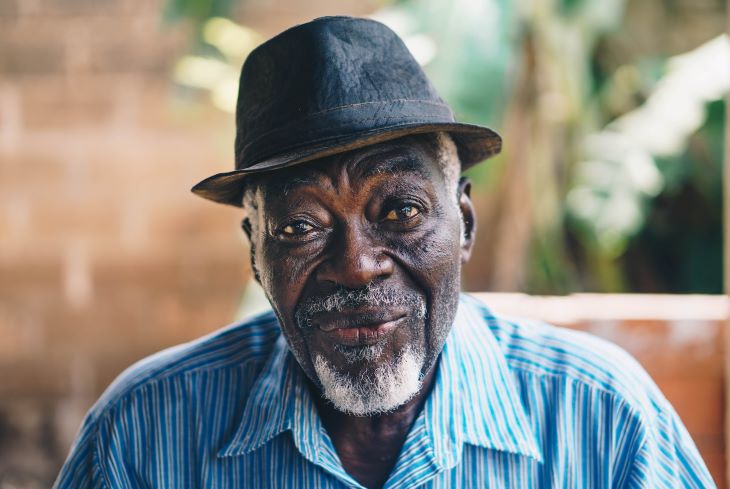Anyone who believes that they might be suffering from addiction to cocaine should seriously consider the potential for treatment.
This is because addiction to cocaine is an extremely serious health-related issue, that can cause short-term and long-term complications for you and those around you.
Because addiction to cocaine is a health-related issue, your first port of call should be your GP.
You should contact your GP and arrange an appointment, and then discuss your concerns with them and they can provide you with the best professional medical advice on what steps to take going forward.
If they have the space and resources, your GP might be able to offer you some form of treatment at the local practice, or if not, direct you to your local drug services which will support you.
However, it is also important to understand exactly what that treatment might entail, while being as educated as possible about what cocaine is, and the consequences that come with being addicted to it.
There is a variety of cocaine addiction treatment that can help people struggling to make a successful recovery.

Cocaine is an illegal, stimulant drug. It is made from the coco plant and is typically sold and bought in the form of powder, which has been created by the breaking down of crystals.
The drug is typically ingested through inhalation from the nose but can also be injected or smoked.
Upon ingestion, the drug will elicit a stimulated response, and the drug causes a euphoric high, alertness, improved self-confidence, and increased energy levels.
However, it is followed by a comedown that can be dramatic and unpleasant.
Cocaine is one of the most commonly used illegal substances in the UK, behind cannabis and alongside MDMA, ketamine, and heroin.
Due to its prevalence, you might know cocaine by one of its other names, which include: crack, coke, and blow.
At Rehab 4 Addiction, we offer free advice from a team of non-judgemental professionals, many of whom are in recovery and understand how hard it can be to change your relationship with addiction.
For more information about cocaine addiction treatment, simply reach out to our 24/7, confidential hotline on 0800 140 4690.

Cocaine is a highly addictive drug, with some users reporting that they feel they feel they have become addicted after only a handful of uses.
Addiction to cocaine is mainly characterised by strong urges and cravings for the drug, even if taking action to access the drug is damaging.
Cocaine is addictive because it rewires the reward system in the brain, by linking increased levels of dopamine to use of the drug.
At Rehab 4 Addiction, we offer free advice from a team of non-judgemental professionals, many of whom are in recovery and understand how hard it can be to change your relationship with addiction.
For more information about cocaine addiction treatment, simply reach out to our 24/7, confidential hotline on 0800 140 4690.

Cocaine addiction comes with a long list of varied signs and symptoms.
If you are concerned about your own relationship with cocaine, or you are concerned about how someone close to you uses the drug, you should know the following signs so that you can access the seek cocaine addiction treatment.

Addiction to cocaine is an extremely serious condition, because of the short-term and long-term outcomes it can have on your physical wellbeing, your mental wellbeing, and the health of your social relationships.
It also increases the chance of an overdose on the substance which can lead to fatality.
One of the short-term effects of cocaine use is nausea and loss of appetite.
If cocaine is used regularly, this can lead to health problems ntional such as irritation of the stomach lining and unintentional weight loss.
The use of cocaine also increases the likelihood that you may develop a mental health condition, such as depression or anxiety, as a co-occurring disorder.
Addiction, and the frequent use of cocaine due to this, increases the chance that a serious mental health condition will develop.
There are also many serious physical health problems that can emerge from cocaine use, that are exacerbated by cocaine addiction.
These are largely due to increased heart rate and blood pressure, which is caused by blood vessels constricting.
This can lead to heart attacks, strokes, deep vein thrombosis, and other serious health issues.
In the worst-case scenario, this can lead to death. In the US, around 14,600 people die of a cocaine related overdose, while in the UK the figure stands near to 1000 deaths annually.
Cocaine addiction treatment can help reverse the effects of addiction, and allow people to embark on a life of abstinence.
At Rehab 4 Addiction, we offer free advice from a team of non-judgemental professionals, many of whom are in recovery and understand how hard it can be to change your relationship with addiction.
For more information about cocaine addiction treatment, simply reach out to our 24/7, confidential hotline on 0800 140 4690.

There are plenty of withdrawal symptoms that can be triggered by a reduction in your consumption of the drug or triggered by you ending your use of the drug completely.
These are varied, and not everyone will experience the same symptoms.
However, the list of recognised withdrawal symptoms from cocaine includes:

Cocaine addiction treatment can be intense, and long-term. It is a serious commitment, and it will likely be difficult as you face up to lots of challenges along the way.
However, it is important to remember that, if treatment is successful, your quality of life could massively improve, as could your physical and mental wellbeing.
Treatment will always be tailored to you and your specific circumstances.
Therefore, there is no way to say for certain what your treatment will include.
However, below we have explored the potential options and it is important to understand these so that you know what treatment might be like.
At Rehab 4 Addiction, we offer free advice from a team of non-judgemental professionals, many of whom are in recovery and understand how hard it can be to change your relationship with addiction.
For more information about cocaine addiction treatment, simply reach out to our 24/7, confidential hotline on 0800 140 4690.

One of the most effective forms of treatment for any form of addiction is a period of time spent in a residential programme.
In a residential programme you will stay away from home for the duration of your treatment, at a residential rehabilitation centre.
Here, you will be staying in a positive environment, supported by professional medial staff.
You will be away from negative influences, and you will be able to focus entirely on your addiction treatment away from your usual distractions and responsibilities.
Residential programmes are often the most effective form of treatment that a person can undergo, but they are both intense and expensive and therefore might not suit everyone.
This needs to be weighed up against the increased success rate of the type of treatment so that an individual choice can be made that’s best for you and your circumstances.

Behavioural interventions will focus on how you can change your behaviour, so that you can avoid using cocaine in the future.
Common forms of behavioural interventions include contingency management and motivational incentives.
These can help you to stay on track, even when you are experiencing cravings or when you are exposed to cocaine.
With these types of interventions, you will be rewarded for sobriety.
If you can provide a drug free urine sample, you will access points or chips that be exchanged for items and goods (the content will depend on the organisation of your programme).
Contingency management and motivational incentives are some of the most effective forms of drug addiction treatment.
They’re especially helpful for people who are struggling to make the initial jump from drug use to abstinence.
At Rehab 4 Addiction, we offer free advice from a team of non-judgemental professionals, many of whom are in recovery and understand how hard it can be to change your relationship with addiction.
For more information about cocaine addiction treatment, simply reach out to our 24/7, confidential hotline on 0800 140 4690.

Talking therapy is one of the most common forms of therapy that you will find for cocaine addiction.
Talking therapy can take many forms, but will usually be cognitive behavioural therapy.
Cognitive behavioural therapy is recognised as being one of the most effective, well-researched, and evidence-based approaches to treating addiction to cocaine and other substances.
Cognitive behavioural therapy will help you to understand the causes of your addiction.
You will find the answers to the following important questions?
Through answering these, you will come to understand the cause of your addiction to cocaine.
You will also learn the triggers which lead to cocaine use, as well as what you can do in the future to maintain your abstinence from the drug.
You will focus on your behavioural cycles, exploring what circumstances lead to what behaviours, and how you can change negative behaviours in positive behaviours.
Other forms of talking therapy, such as dialectical behavioural therapy or motivational interviewing are other options that will be considered.

Unlike with other psychological disorders, there currently no approved pharmaceutical therapies that will be used to help you battle your addiction to cocaine.
Instead, your treatment will mainly be focussed on behavioural changes and cognitive therapies.
However, while there are no medicinal routes to help you with your cocaine addiction, you may be offered pharmaceutical solutions to problems that stem from cocaine addiction.
For example, if your addiction is leading to trouble sleeping and insomnia, you may be offered sleeping medication to help with that.
This can help you to focus on your recovery and can improve your quality of life as you overcome your addiction.
At Rehab 4 Addiction, we offer free advice from a team of non-judgemental professionals, many of whom are in recovery and understand how hard it can be to change your relationship with addiction.
For more information about cocaine addiction treatment, simply reach out to our 24/7, confidential hotline on 0800 140 4690.

There are other steps that you can take, after therapy and other treatment measures, to help you as you navigate your life free from cocaine use.
One of the major forms of self-help that you will learn about it support groups.
One of the most famous support groups for people in recovery for addiction is Alcoholics Anonymous, but there is also an alternative for people who were formerly addicted to drugs (including cocaine) called Narcotics Anonymous.
Narcotics Anonymous will help you to maintain your abstinence through weekly meetings, where you will share your own experiences, receive advice, share advice, and listen to others’ experiences with recovery from drug addiction.
This will help you to feel part of a community, which can be a major source of motivation for a lot of people.
As you get to know the people in your group you will become invested in their progress, and that can be effective fuel for your own.
If Narcotics Anonymous doesn’t work for you, there are other types of support groups such as SMART Recovery that also help people who have suffered from an addiction to cocaine or other drugs.
SMART Recovery operates under different principles, with a different approach, and this could work better for you.

Research suggests that the most effective forms of cocaine addiction treatment involves talking therapies or incentive-based interventions.
These can also be combined and can work together depending on your own needs.
Both will help you to start your journey to abstinence, and both will help you to develop methods to ensure that you maintain your hard work and abstinence along your recovery journey.
At Rehab 4 Addiction, we offer free advice from a team of non-judgemental professionals, many of whom are in recovery and understand how hard it can be to change your relationship with addiction.
For more information about cocaine addiction treatment, simply reach out to our 24/7, confidential hotline on 0800 140 4690.

Support groups are one of the biggest forms of additional help that you can access after your treatment. However, they aren’t the only extra help that you can receive.
After your own talking therapy, you might find that other forms of therapy could be useful to you too.
Family therapy, and (if applicable) couples therapy can be a very effective method of therapy for some people who are recovering from an addiction to cocaine.
They can help you to rebuild and reconstruct damaged or broken relationships with people who are important to you.
This support can also allow your loved ones to understand what you’ve been through and all the challenges that you’ve faced along the way.
In addition to this, you can find support for extra help from financial management charities, who will help you to budget and manage your finances better.
Additionally, you can find support which will help you to find and secure employment after your treatment ends.

The NHS states that most of the people who seek out treatment for addiction to cocaine are able to come out with positive outcomes.
It also states that the majority of people who receive treatment for cocaine remain drug free after their treatment has ended.
At Rehab 4 Addiction, we offer free advice from a team of non-judgemental professionals, many of whom are in recovery and understand how hard it can be to change your relationship with addiction.
For more information about cocaine addiction treatment, simply reach out to our 24/7, confidential hotline on 0800 140 4690.

[1] An evaluation of workshop training in motivational interviewing for addiction and mental health clinicians
[2] Meta-analysis of depression and substance use and impairment among cocaine users